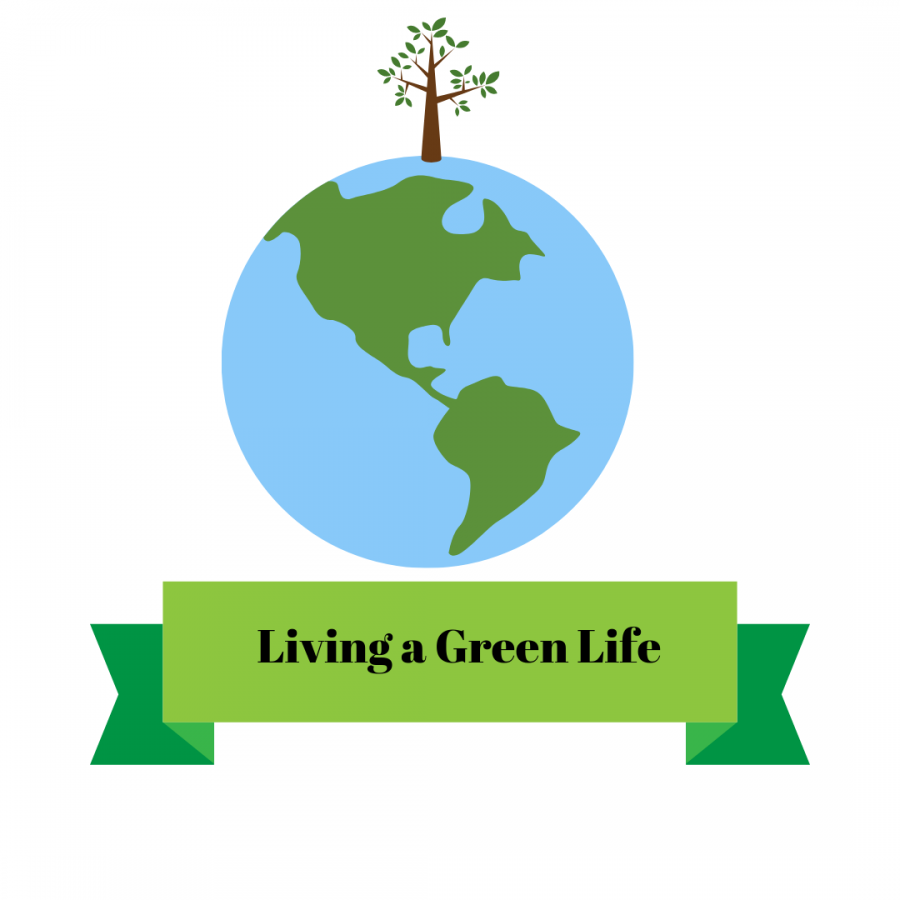Being Greener as a Student
There are many things you can do to help our Earth and its environment. The most minimal daily tasks can eventually add up to make a big difference. Don’t let being a student stop you from helping our climate and living a greener life!
Sep 2, 2019
In this day and age it is important to be educated on the impact we have on the environment. But, most people may already be aware of our ecological footprint and may be thinking, “what can I do to help?” There are many everyday things people can do to be greener. Just because you are a student does not mean you are limited in what steps you can take to help the environment. The smallest daily effort can make the biggest impact in the long run. Here is a list of impactful things anyone can do to support the environment:
1. Manage Your Water Usage
Changing your habitual water use is a very minimal way you can start being greener. Doing small things like closing the tap while you brush your teeth or do the dishes can eventually make a huge difference. A slightly more impactful habit you can adopt is cutting down your shower time and refrain from taking baths. Timing your showers to about six to seven minutes is extremely effective and one of the primary actions you should take. Water takes a certain amount of energy to dispense and filter, so an overuse of it can lead to energy being wasted.
2. Replace Paper Towels
When you are cleaning around the house, especially the kitchen counter, your instinct is to reach for the paper towels to wipe down the surface. Next time, try going for a cloth napkin instead. You can reuse it by washing it and you cut down on how much paper you put in the garbage. Single-use products are consumed at such a fast pace and are being thrown into landfills just as quickly.
3. Wash Your Laundry With Cold Water
Washing your laundry with cold water reduces how much energy and electricity is expended with every load. Using hot water to wash your clothes takes up 90% of the energy needed to do your laundry. Not only that, but cold water preserves clothing dye and kills more bacteria, so you benefit in more than one way.
4. Carpool
Carpooling reduces the amount of carbon dioxide you release into the air and decreases the amount of fossil fuels we exhaust. Find out who lives in your vicinity and arrange a pickup and drop-off schedule, so you and your friends can carpool together. It’s efficient and another benefit is that you get to talk to your friends on your way to school!
5. Use Tote Bags for Grocery Shopping
Think of all the plastic bags you acquire within a month of grocery shopping. So, what can you do about it? Well, you can try to convince your parents get one to three tote bags for your routine grocery shopping. For about one dollar per tote bag, the expense is extremely minor in relation to the amount of plastic you are preventing from ending up in a landfill or ocean. About 8 trillion metric tons of plastic gets thrown into the ocean every year and unlike other materials, plastic does not decompose.
“I believe the way we are treating our environment is just horrible. We have abused our planet and the creatures living on it. We treat our planet terribly for our future generations that will be living on it,” freshman Melina Telleria said.
6. Thrift
Just like all your other trash, the clothes you throw in the garbage eventually end up in a landfill, adding to the global pollution. Consider donating your old clothes to your local thrift store where they can be reused and repurposed by someone else that might want or need them more. Another idea you might want to entertain is shopping at these thrift stores and reducing how much you spend on fast fashion companies such as Forever 21, H&M, Zara and more. By thrift shopping, you are preventing articles of clothing from ending up in a landfill. Fast fashion companies have a tendency to produce clothing that contain pesticides and lead embedded them, releasing toxins into the air over time.
Even the smallest changes to your daily habits can improve the environment immensely and reduce the footprint you leave on your environment. You can always start one step at a time. Before you know it, you’ll have an outstanding impact on your environment. It is rewarding to know that what you do for the sake of your planet will benefit all life on the face of the Earth.












